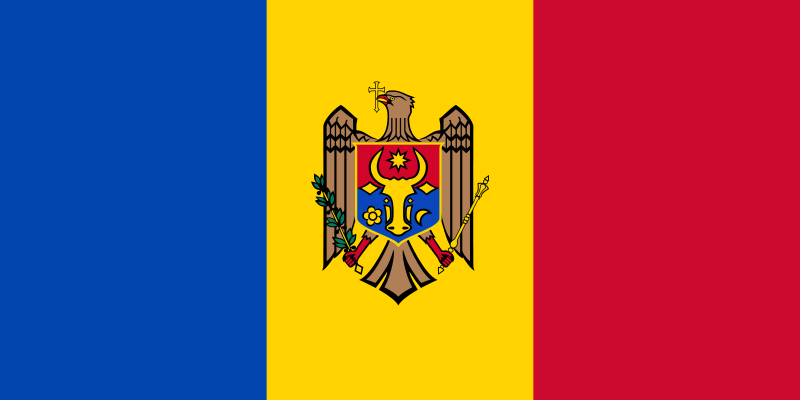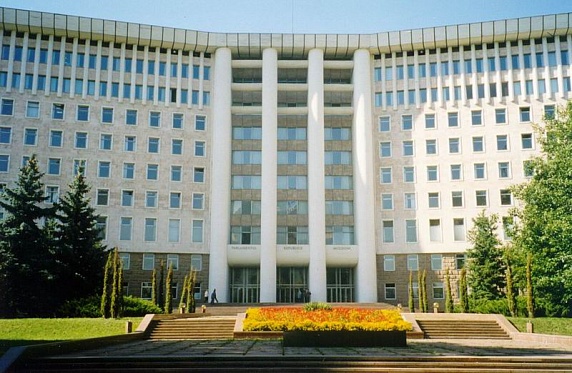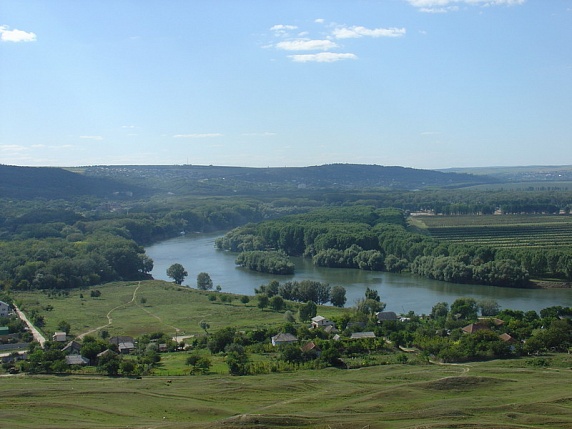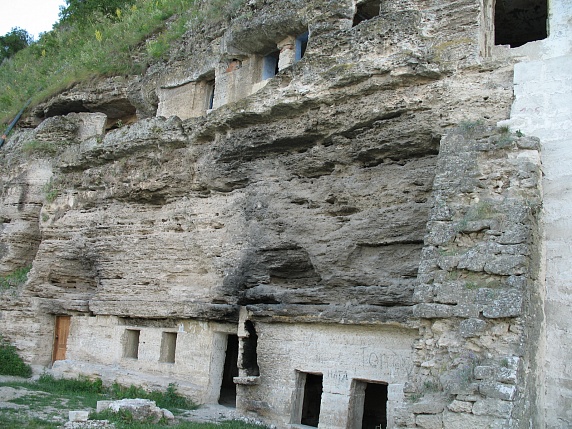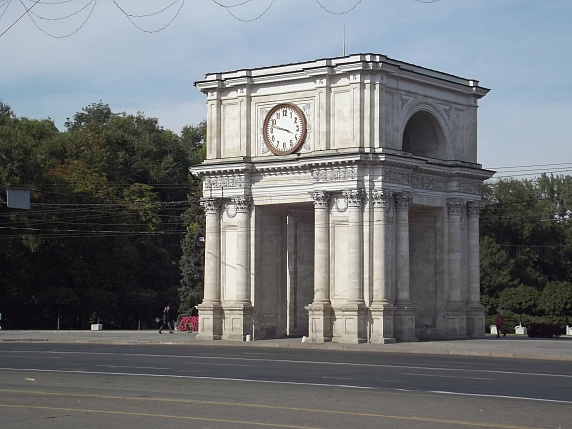 Республика Молдова
Республика Молдова
Russian MFA Information and Press Department Commentary Regarding Media Questions Concerning the Character of the Moldovan Parliamentary Election Campaign
Unofficial translation from Russian
Question: During a recent visit to Chisinau, Terry Davis, the Secretary General of the Council of Europe, spoke of the tense atmosphere in which the preparation for parliamentary elections was proceeding in Moldova, and limitation of pre-election facilities for opposition parties. The press is discussing the question of ensuring the electoral rights of the Moldovan citizens who are abroad as well as the situation with the tens of thousands of Moldovan citizens living in Transnistria. Are the authorities of the Transnistrian region really hindering the free expression of their will?
Commentary: The question of the possibility of the voting of the Moldovan citizens in Transnistrian is not an abstract one for us. Russia acts as a co-mediator and guarantor of a political settlement of the Transnistrian problem on the basis of the determination of a special status for the region with the observance of the sovereignty and territorial integrity of Moldova. We are interested in seeing that, despite the existence of a zone of conflict recognized by the parties themselves and the OSCE, the democratic rights of the population there are maximally observed. The Transnistrian authorities did not hinder the citizens of Russia and Ukraine, living in this region, from taking part in the respective presidential elections, and recently expressed their readiness to provide a possibility for the Moldovan side to open polling stations on its territory as well.
The Central Election Commission of Moldova was initially slow, but under the pressure of representatives of the opposition parties and, taking into account the opinion of international experts, did after all send an appropriate request to the authorities of Transnistria. But in so doing the Moldovan side, ignoring the real situation in this conflict region, put forward the demand to organize polling stations in accordance with its jurisdiction and with the enlistment of Moldovan police in the maintenance of public order, and to ensure the free movement of people in the Security Zone and unimpeded access for Moldovan and international observers to the left bank of the Dniester.
Tiraspol viewed such conditions as deliberately provocative and unacceptable, because they do not take into account the special position of Transnistria. Nevertheless, the authorities of the region expressed readiness to lend necessary assistance to the citizens of Moldova who would wish to vote on the right bank of the Dniester.
These signals from Tiraspol, of course, merit attention. A realistic stand of Chisinau could be the first step towards solving many practical problems of concern to the population on both banks of the Dniester, pave the way to a weakening of the confrontation and help restore the practical dialogue of the parties. Participation by Moldovan citizens of Transnistria in the parliamentary elections, undoubtedly, would contribute to the creation of a more favorable atmosphere for the search of a sustainable model of political settlement within an integral state with a special guaranteed status of Transnistria.
February 21, 2005





